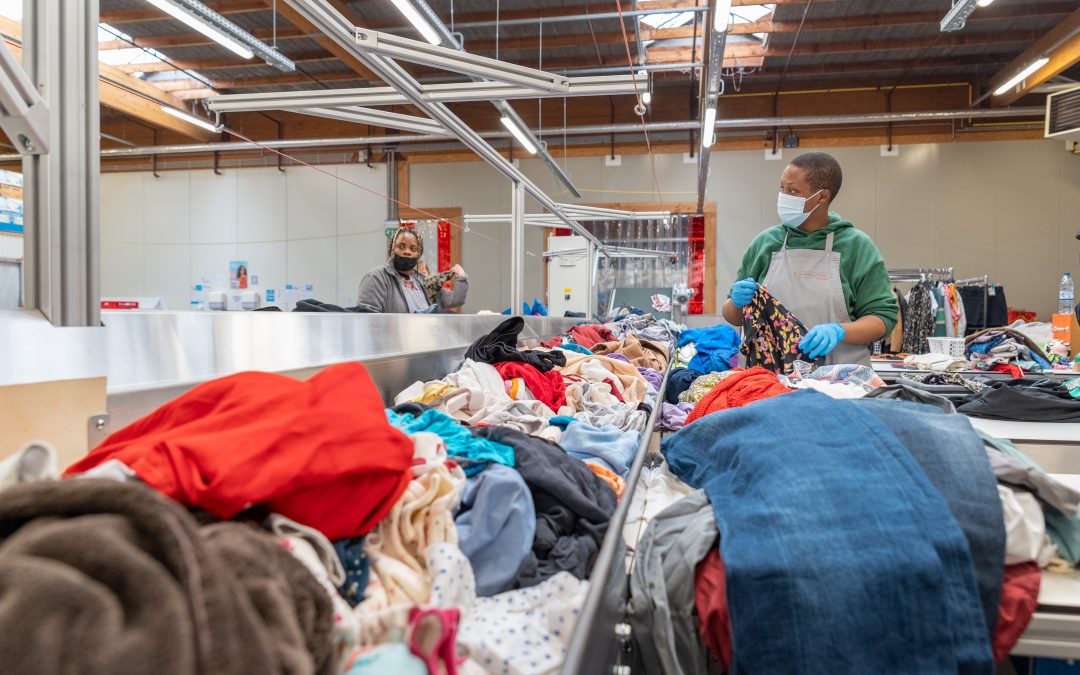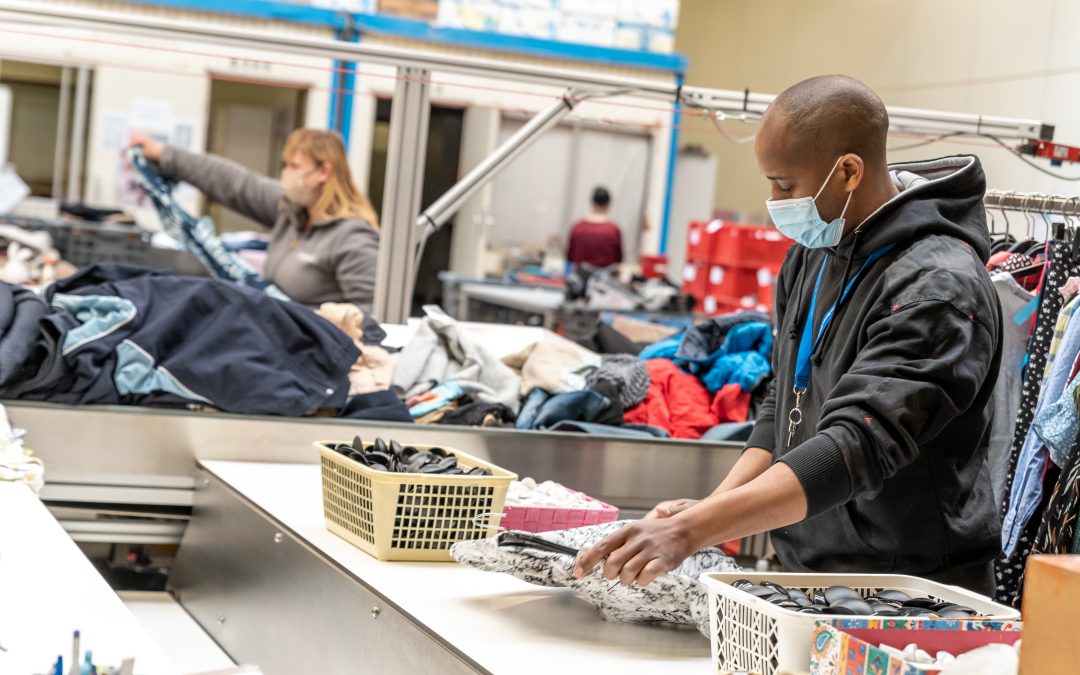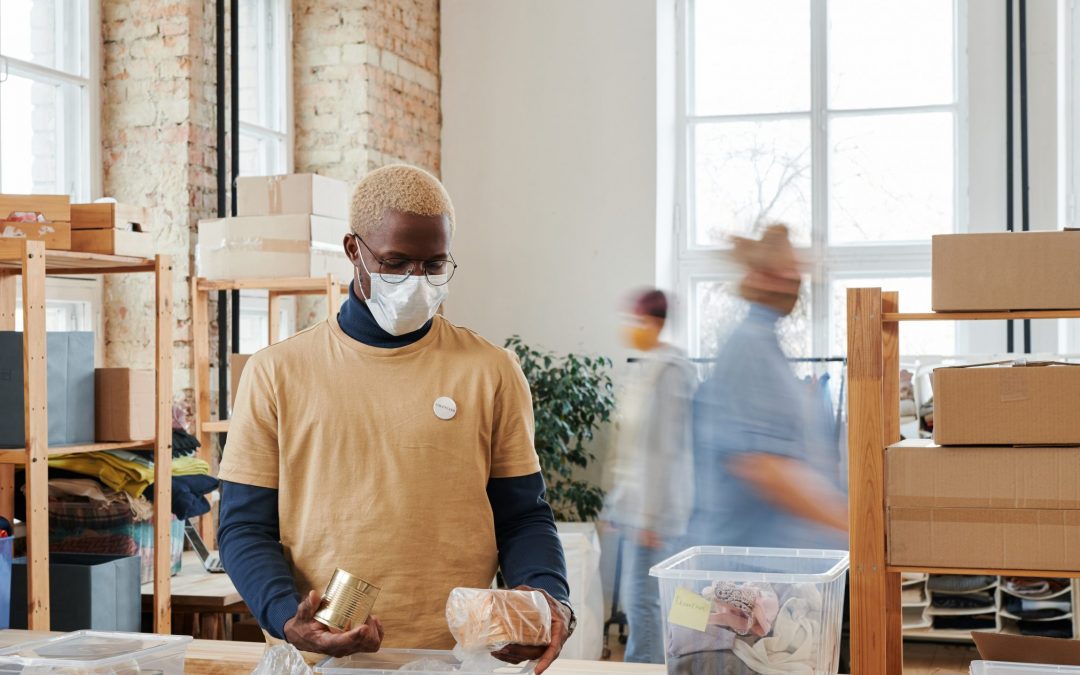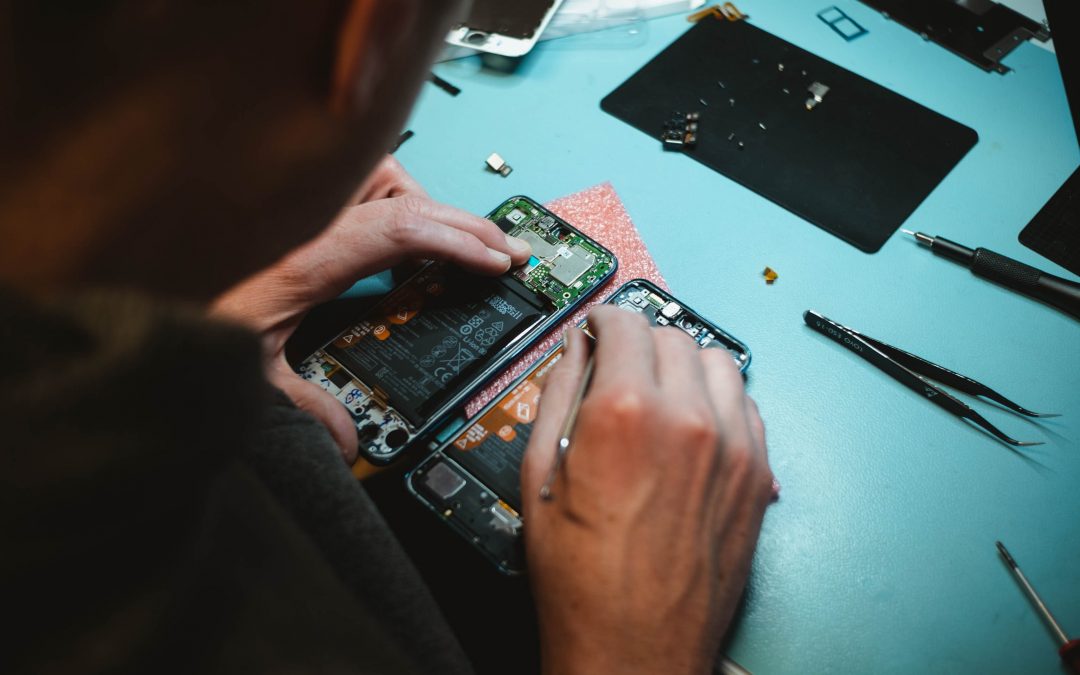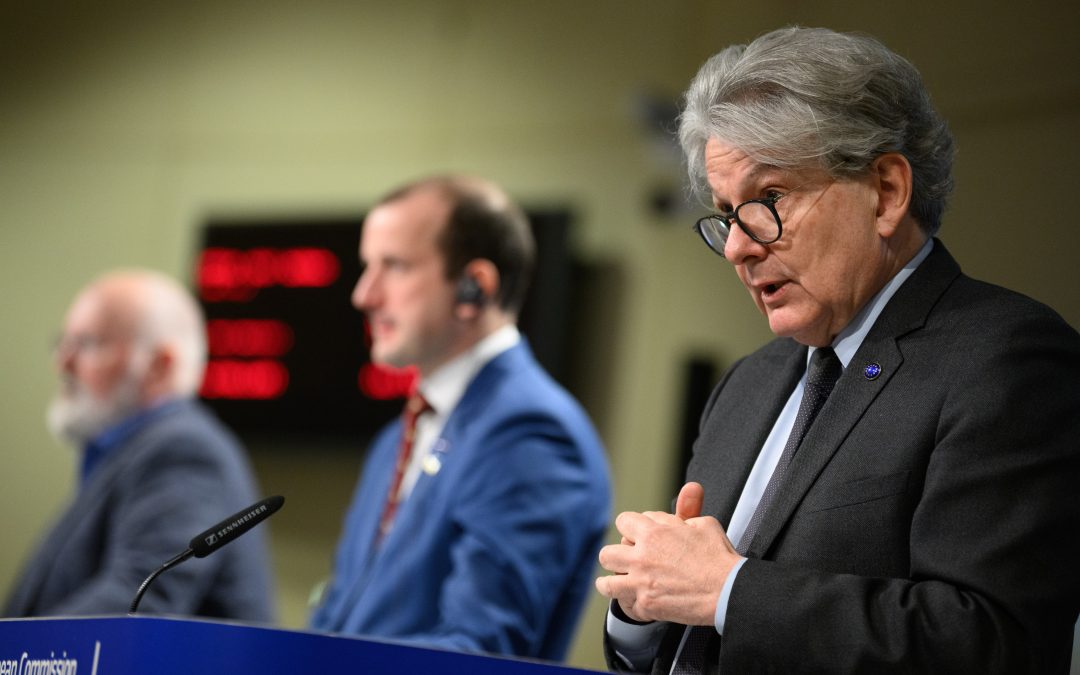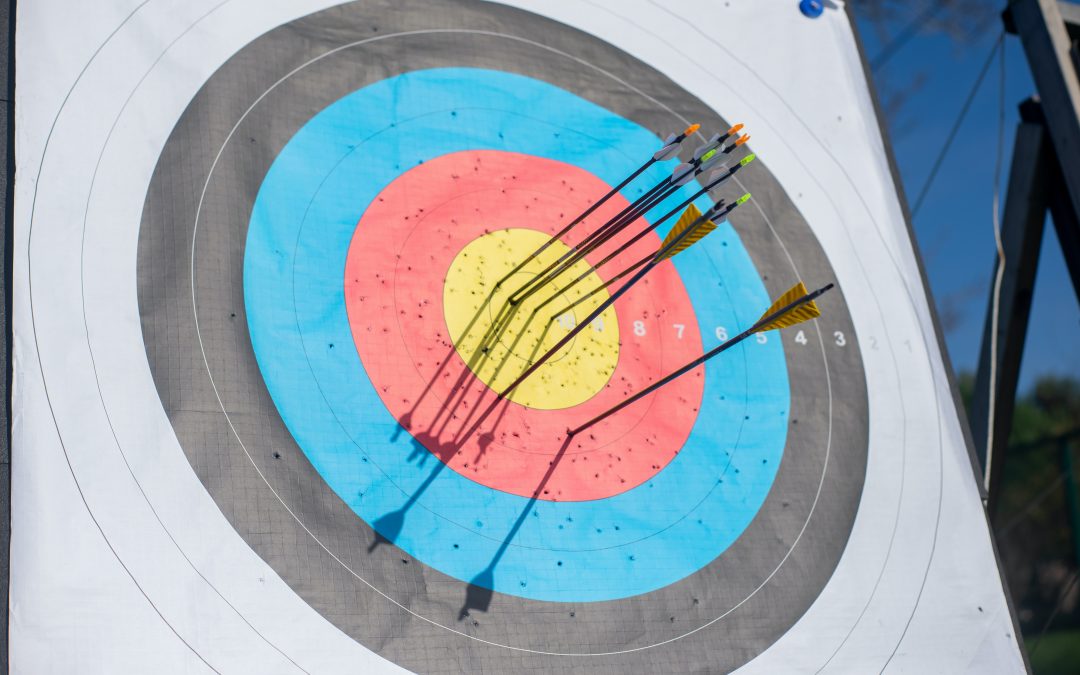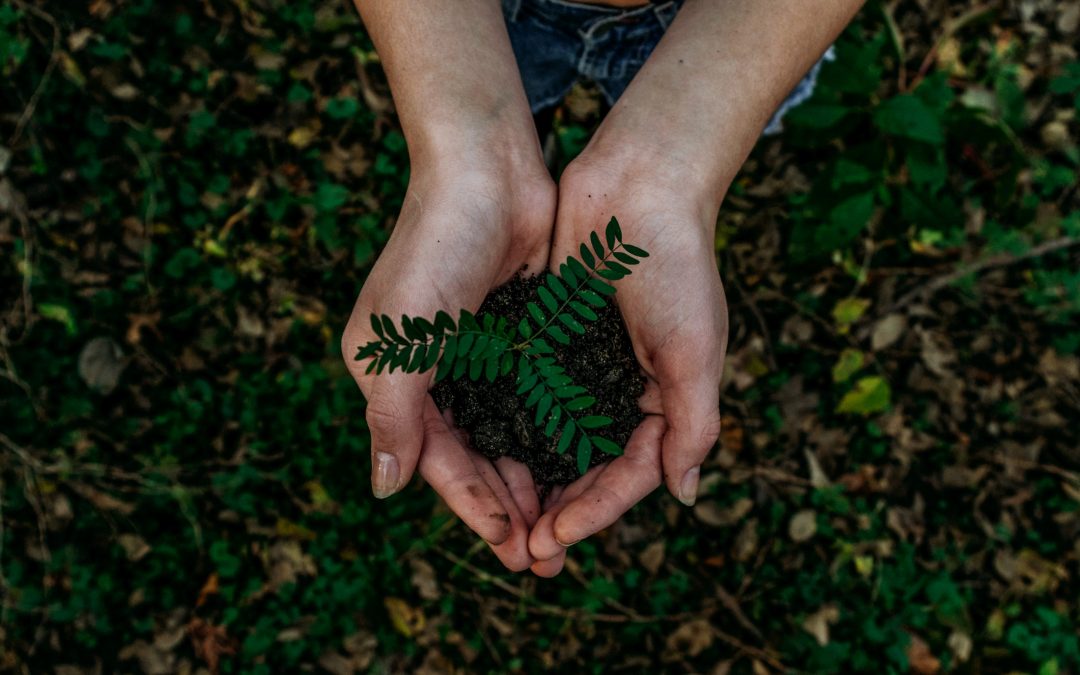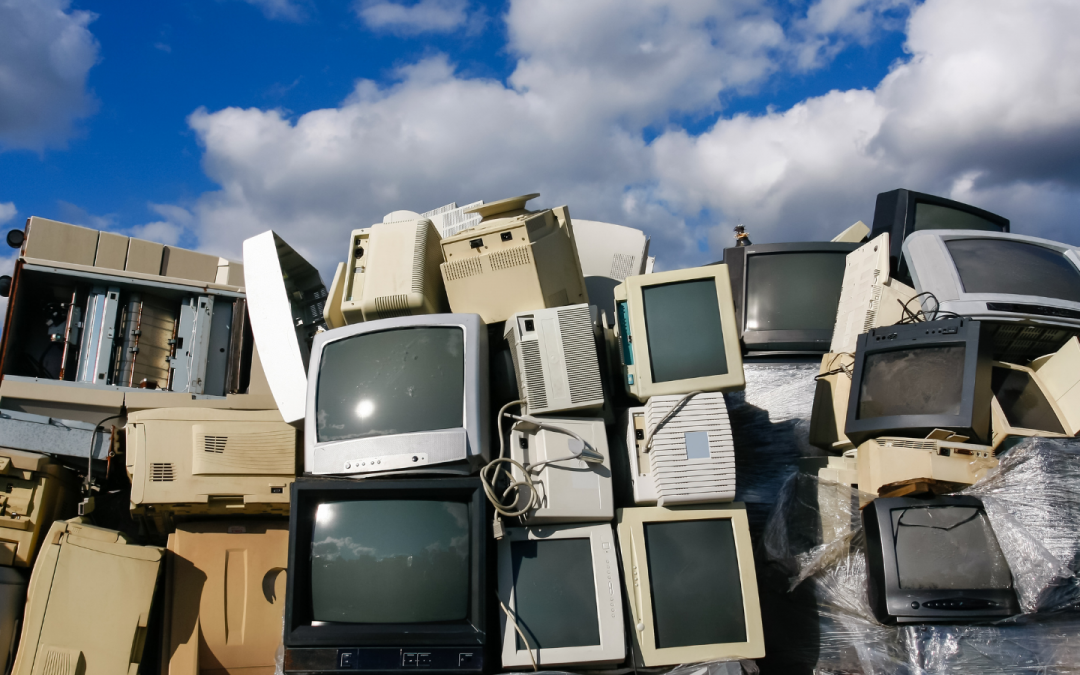RREUSE calls for a more comprehensive monitoring framework for the circular economy (MFCE). While the environmental, economic and social benefits of re-use are well documented, re-use is inexplicably not covered in the MFCE adopted in 2018. Hence, the revision of the MFCE is a much-needed opportunity to include re-use and preparation for re-use indicators, in line with the waste hierarchy and following the Commission Implementing Decision laying down a common methodology and a format for reporting on re-use.




